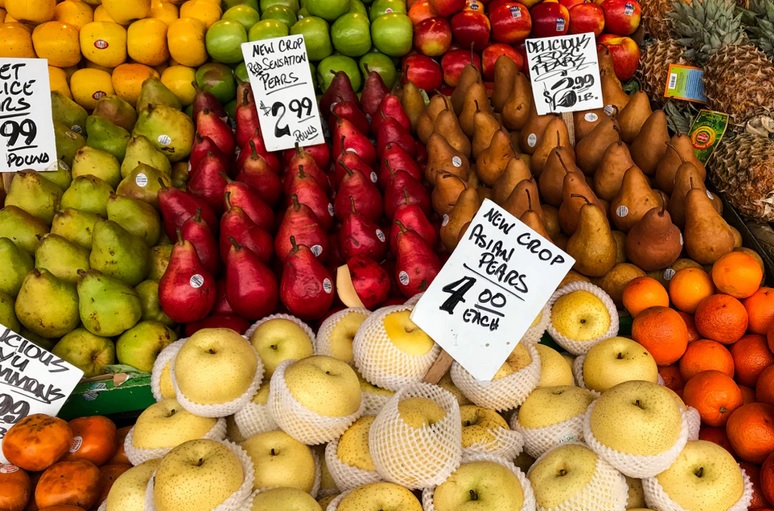
By Dave Kranz,
California Farm Bureau
Words have power and one specific word—”local”—appears to have particular power in the marketing of fresh vegetables. That’s the conclusion of a study published by researchers from Cornell University in New York.
According to a university news release, the Cornell researchers conducted a blind taste test of California-grown broccoli and two varieties grown in New York. In those blind tests, people judged the California broccoli to be “tastier and better-looking,” the university said.
But in later tests, when other consumer panels were told the New York broccoli was locally grown, the people exerted their community pride and favored the New York product.
That represented important news to the Cornell researchers, who have been working to breed broccoli varieties to grow well in the region’s climate and soils.
“Buyers for grocery stores and restaurants have been reluctant to stock broccoli that looks even slightly different from what consumers are used to, most of which is grown in California,” the Cornell announcement said. “But the study suggests consumers value veggies marketed as local even if they don’t look more appealing than non-local options.”
The term “local” has enough power, Cornell said, that it might even boost produce where local varieties aren’t expected to be superior, such as tomatoes. The university said the study also has potential implications for other seasonal vegetables marketed on the East Coast, including carrots, celery, endive and lettuce.
Here’s how the Cornell study tested the power of “local”: People near the university campus in upstate New York were asked to inspect and sample three varieties of parboiled broccoli side by side, then submit bids via computer for how much they would pay for a pound of each.
When test participants didn’t know where the broccoli originated, they bid “significantly more” for the California product, the university said. The average bid for the California-grown broccoli, at $1.62 a pound, was 18 cents and 10 cents more than the two New York varieties.
But when the New York residents were told two of the broccoli varieties were locally grown, they overlooked the taste and appearance of the product and bid about $1.70 for both New York varieties, slightly more than the California broccoli.
One of the researchers described the outcome this way: “If you don’t tell the consumers anything (about the New York broccoli), they will penalize the looks and they will even penalize the taste. But as soon as you tell them it’s local, it’s the other way around. They like it better—not only how it looks, but also how it tastes.”
To the leader of the Eastern Broccoli Project, Thomas Björkman of Cornell, the study provided “valuable selling points in getting distributors and retailers to take that risk” and stock broccoli grown in New York.
The study would also appear to have meaning to growers and marketers of California broccoli and other products—in part because of the elastic definition of “local,” which, according to Cornell “can be defined many ways, from grown inside a 30-mile radius to within the United States.” The study defined it as “grown and available for purchase within a state’s borders,” which the university described as the most popular definition among the top 10 grocery retailers.
Regardless of the marketing implications, the Cornell study shows again how words influence perception.
It’s a point we make frequently in Farm Bureau media-training sessions. People tend to have a positive perception of family farmers and ranchers. They tend to have a negative perception of “agriculture.” Farmers and ranchers are people—easier to understand and empathize with than agriculture or agribusiness or the agricultural industry.
Just listen to Cornell researcher Miguel Gómez describe how “local” changed the perception of New York-grown broccoli: “Not only are (people) willing to pay more, but the product tastes better and they look at it in a different way.”
Words matter.
(Dave Kranz is editor of Ag Alert® and director of publications and media relations for the California Farm Bureau Federation. He may be reached at [email protected].)
Permission for use is granted, however, credit must be made to the California Farm Bureau Federation when reprinting this item.
Disclaimer: Articles featured on Oregon Report are the creation, responsibility and opinion of the authoring individual or organization which is featured at the top of every article.

